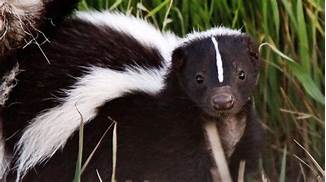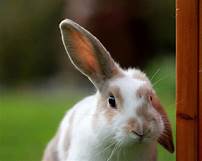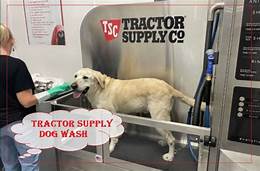Skunks are unique and fascinating animals that make for interesting pets. However, before you decide to take one home, it is important to understand their lifespan and the commitment involved in caring for them as pets.

Average Lifespan of Skunks as Pets
The average lifespan of a skunk as a pet is typically between 5 and 10 years.
Several factors can influence a skunk's lifespan, including its overall health, diet, and living conditions:
Health: Skunks that are healthy and receive proper veterinary care are more likely to live longer.
Diet: A balanced and nutritious diet is essential for skunks to stay healthy and have a long life.
Living Conditions: Skunks need a safe and secure environment to thrive. Providing them with a spacious enclosure and essential amenities like food, water, bedding, and toys is crucial.
Factors Affecting a Skunk's Lifespan
In addition to the general factors mentioned above, there are specific aspects that can impact a skunk's lifespan as a pet:
Descenting: Skunks are known for their potent scent glands. If a skunk is not descented (having its scent glands removed), it may be more likely to spray when feeling threatened, which can lead to potential health issues.
Vaccination: Skunks should be vaccinated regularly to protect them from diseases and infections that can shorten their lifespan.
Climate: Skunks are sensitive to extreme temperatures. Providing them with a controlled environment can help prevent health problems and extend their life.
Neutering or Spaying: Neutering or spaying a skunk can contribute to a longer lifespan by reducing the risk of certain health conditions and behavioral problems.
Providing a Healthy and Long Life for Your Pet Skunk
To ensure your pet skunk lives a healthy and long life, consider the following tips:
Regular Checkups: Schedule regular checkups with a veterinarian to monitor your skunk's health and address any potential issues.
Proper Diet: Provide a balanced diet that meets your skunk's nutritional needs. Consult with a veterinarian to determine the appropriate diet for your skunk.
Safe and Clean Environment: Keep your skunk's enclosure clean and free of hazards. Regularly clean their bedding and provide them with fresh food and water.
Exercise and Enrichment: Skunks need physical activity and mental stimulation. Provide them with a variety of toys and activities to keep them entertained and engaged.
Avoid Stress: Stressful situations can negatively impact a skunk's health. Create a calm and stress-free environment for your skunk.
By following these guidelines and providing your pet skunk with the love and care it deserves, you can help it live a long and happy life as a cherished member of your family.
Declaration: All article resources on this website, unless otherwise specified or labeled, are collected from online resources. If the content on this website infringes on the legitimate rights and interests of the original author, you can contact this website to delete it.




